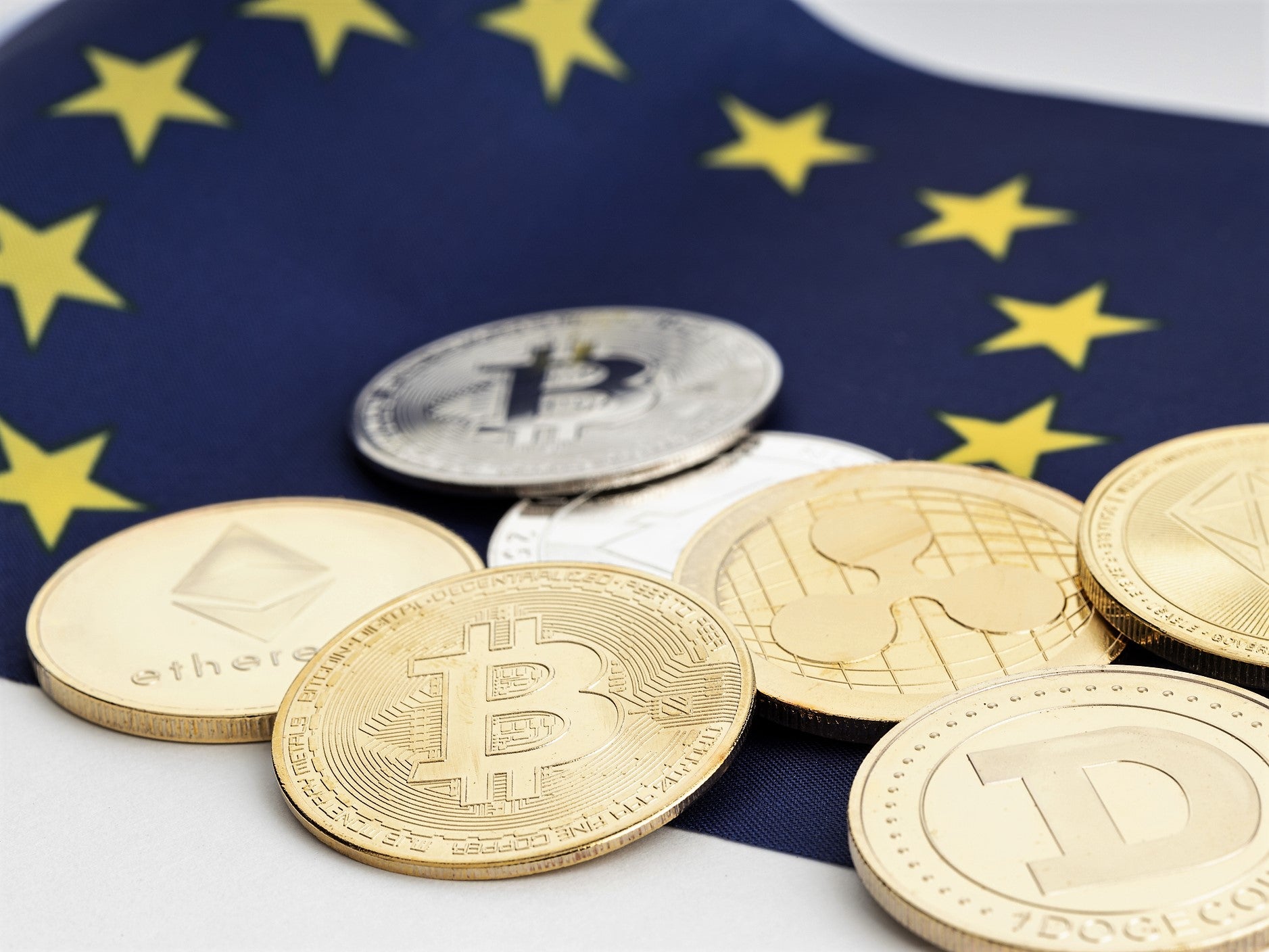EU agrees landmark regulations for ‘Wild West’ crypto space
Bitcoin and other cryptocurrencies will be subject to industry-defining regulation under new agreement

The European Parliament has reached a landmark agreement for regulating cryptocurrencies, lawmakers have announced.
As part of the new rules, transfers of bitcoin and other crypto assets will be subjected to the same money laundering regulations as traditional banking transfers.
Thursday’s announcement comes after bitcoin experienced its worst quarter in more than a decade, falling from close to $50,000 to below $20,000 over the last three months.
It builds on previous losses since bitcoin hit an all-time in November of close to $69,000, meaning the world’s most valuable cryptocurrency is now down more than 70 per cent since its peak.
The overall crypto market has plunged from close to $3 trillion to below $900 billion, wiping out the holdings of both retail and institutional investors in the process.
Much like the GDPR policy introduced in 2018, the new EU rules are expected to have global ramifications for the entire crypto industry.
“Today, we put order in the Wild West of crypto assets and set clear rules for a harmonised market,” said Stefan Berger, a German MEP who led negotiations.
“The recent fall in the value of digital currencies shows us how highly risky and speculative they are and that it is fundamental to act.”
The EU said the agreement would make it more difficult for cryptocurrencies to be used for money laundering or terrorist financing, while simultaneously reconciling competitiveness and investor protections.
Some leading industry figures welcomed the provisional rules to govern crypto assets, claiming they would deliver a clear and effective global framework for the sector, while also protecting consumers.
“There is a real desire for a clear set of rules to protect individuals and businesses who have adopted cryptocurrencies already, to weed out bad actors, and to encourage others to adopt crypto as a result,” said Petr Kozyakov, CEO of crypto payments firm Mercuryo.
“The crypto market is rapidly evolving to reflect an innovative and dynamic ecosystem. An effective regulatory framework would unleash the potential of our sector, and open it up to even wider adoption and utility.”
Join our commenting forum
Join thought-provoking conversations, follow other Independent readers and see their replies
Comments
Bookmark popover
Removed from bookmarks